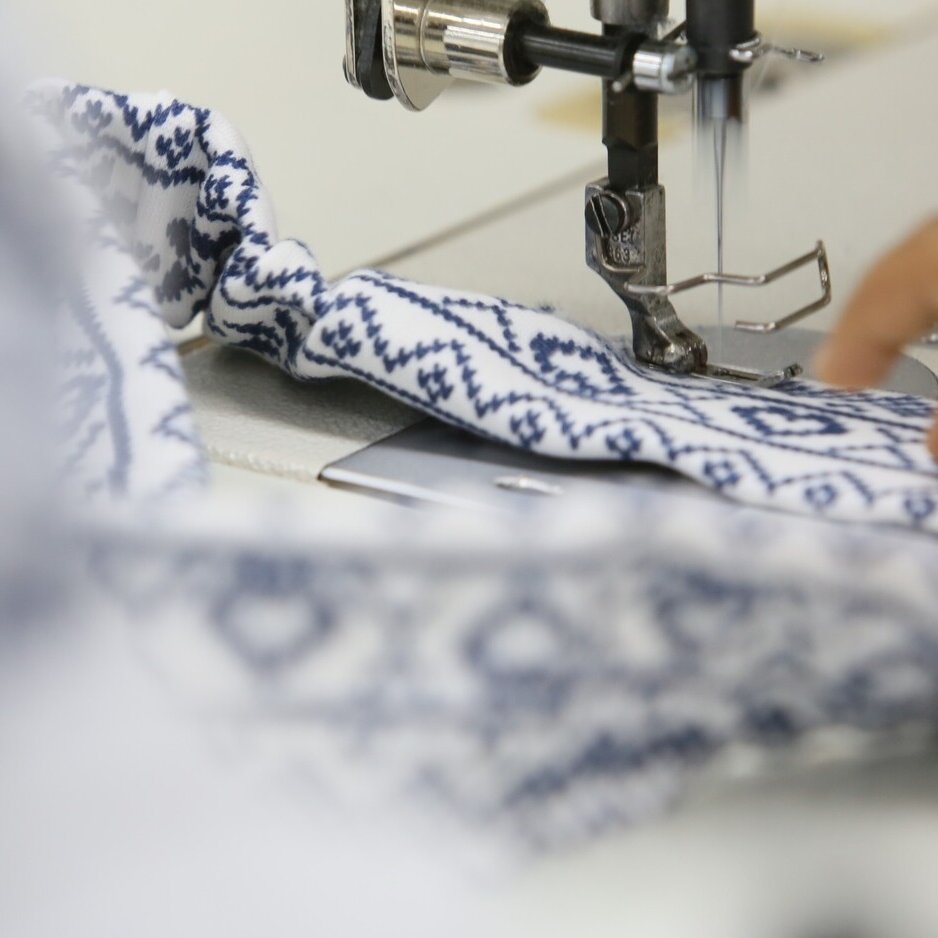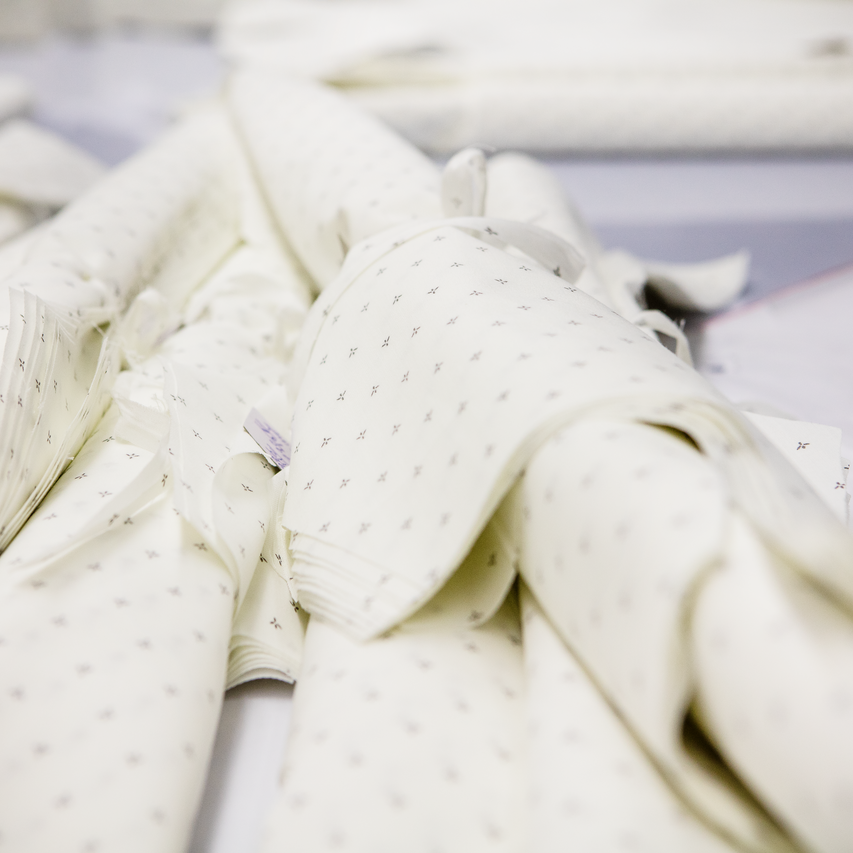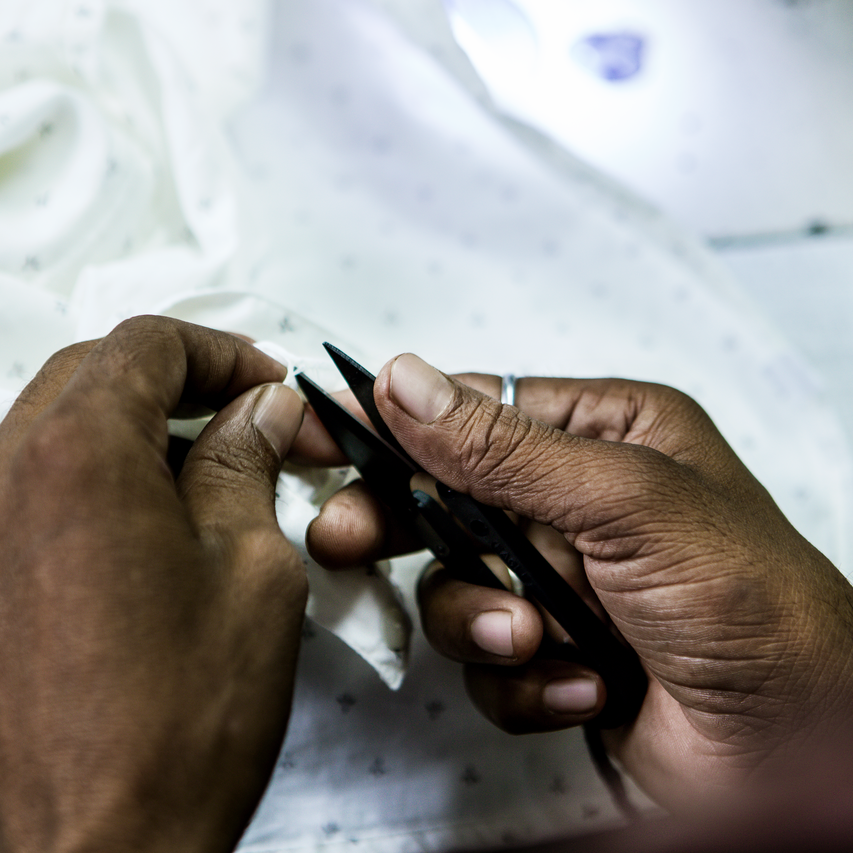Non Food
Production
We annually assess the human rights and environmental situation in our manufacturing countries based on recognized indices, publications from expert organizations, and findings from our own work. We summarize the results of our risk assessment of our (potential) manufacturing countries and the resulting guidelines in our "Social and Environmental Country Risks and Policies."

We consider the entire product life cycle:

For many products, the right material is the key to success.

When manufacturing our products, we focus on both improving social conditions and reducing our environmental impact.

We're working to make our products more energy and water efficient. This includes our product packaging.

We rely on recycled materials and closing material cycles.
Non Food Human Rights Program
To better understand the social situation in our manufacturing countries, we have established a comprehensive human rights program. Our commitment focuses on:
Non Food Environmental Program
To better understand the ecological situation in our manufacturing countries, we have established a comprehensive environmental program. Our commitment focuses on:
Part of our comprehensive environmental program is the Future Supplier Initiative with a focus on climate protection:
The „Future Supplier Initiative“
Together with other textile companies – such as H&M, Mango, GAP, and Bestseller – we are supporting collective decarbonization in our own supply chains. The goal is to reduce greenhouse gas emissions through energy efficiency measures and the transition to renewable energy in non-food production facilities. The initiative facilitates the implementation of these measures for factories not only through technical support but also through attractive financing models. This is achieved by the participating textile companies assuming some of the financial risks. This represents significant added value, as the network and collective financing give the production facilities access to better financing options and enable them to make the necessary investments to advance the decarbonization of their manufacturing processes.